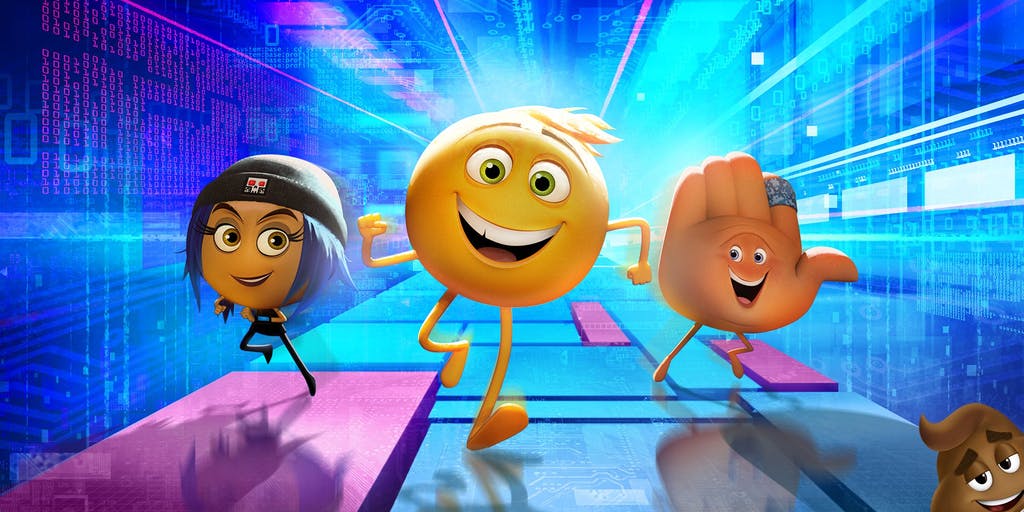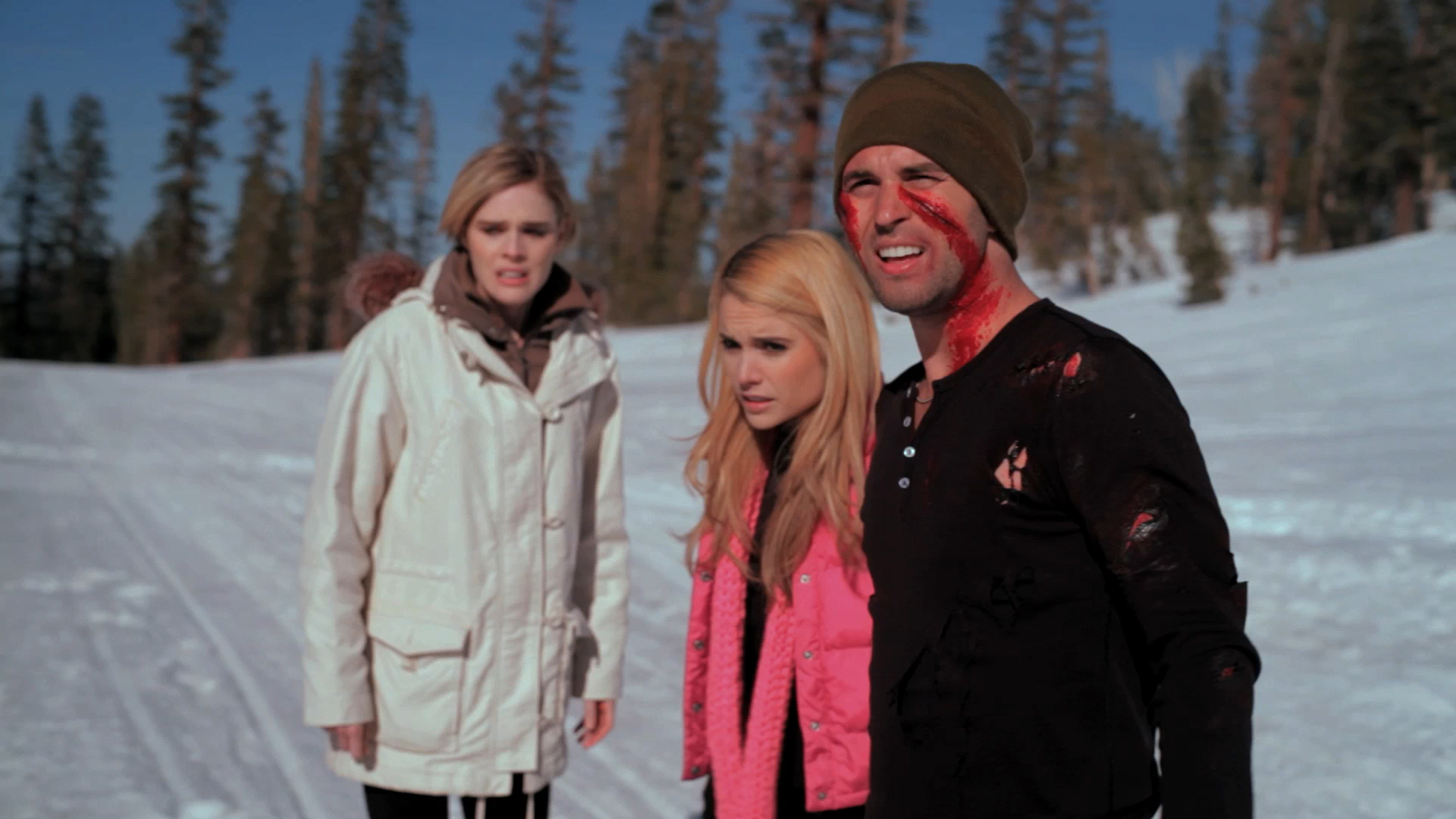If you don’t follow celebrity news, you may (fortunately) be unaware that socialite Kylie Jenner gave birth and announced it on Super Bowl Sunday with the release of a touching video to her daughter. As someone who is mystified by the continued popularity and success of the Kardashian family despite the wide-spread disdain the average Joe seems to have towards them, I want to dissect my experience of seeing people actually care about this birth.
Kylie is 20 years old, making the announcement feel more personal to me as someone who is also 20. She is not the first person my age to get pregnant, with Facebook keeping me up to date on the surprising number of engagements and childbirths that have occurred in my graduating class since we left high school. But I am fascinated by how much difference class seems to make when assessing individual success. While I struggle to finish essays to graduate, Kylie is already the proprietor of a lip kit line despite the backlash her latest ventures in cosmetics have received. Though the material success at such a young age is impressive to me even as a privileged middle-class college student, the fact Jenner’s family was already wealthy before she came of age due to “Keeping Up With the Kardashians” makes the profits made on the lip kits less a story of individual triumph than corporate strategy. Following in her sisters’ footsteps, she has used her family’s overexposure on television to make lucrative business deals. Knowing how little social mobility there is in America, I am not surprised that the rich only find ways to get richer.
This makes the warm welcome and excited buzz for Jenner conflict me. On the one hand, I am of course happy to hear of a child being born healthy to an enthusiastic mother. This is evidenced by how Jenner managed to keep her entire pregnancy a secret despite being in the media spotlight and rumors being leaked and dismissed for the last few months. The way she did not prioritize making a profit off the attention her pregnancy would have generated is an encouraging sign she wants to put her baby first. However, I deeply question if a young, unmarried mother at 20 years old would have been met with such fanfare if she had been poor or Black. The stereotype of the “welfare queen” painted young, Black single mothers as a huge drain on government aid and was a tool of rhetoric in the public discussion about welfare throughout the presidential campaign of Ronald Reagan. What keeps us from calling Jenner irresponsible as opposed to some of the women most in need in our society — the money she is raking in now, or the financial stability we assume her upper-class status will guarantee her in the future?
I hope that Kylie will be a wonderful mother and has a happy future with her daughter. I hope that Travis Scott is a supportive father even after he will inevitably leave the picture, following what I’ve seen in Hollywood relationships. But what I hope more than this is more critical discussion of how we talk about the way race and class defines the way we talk about women’s agency. It’s clear that the media won’t.






